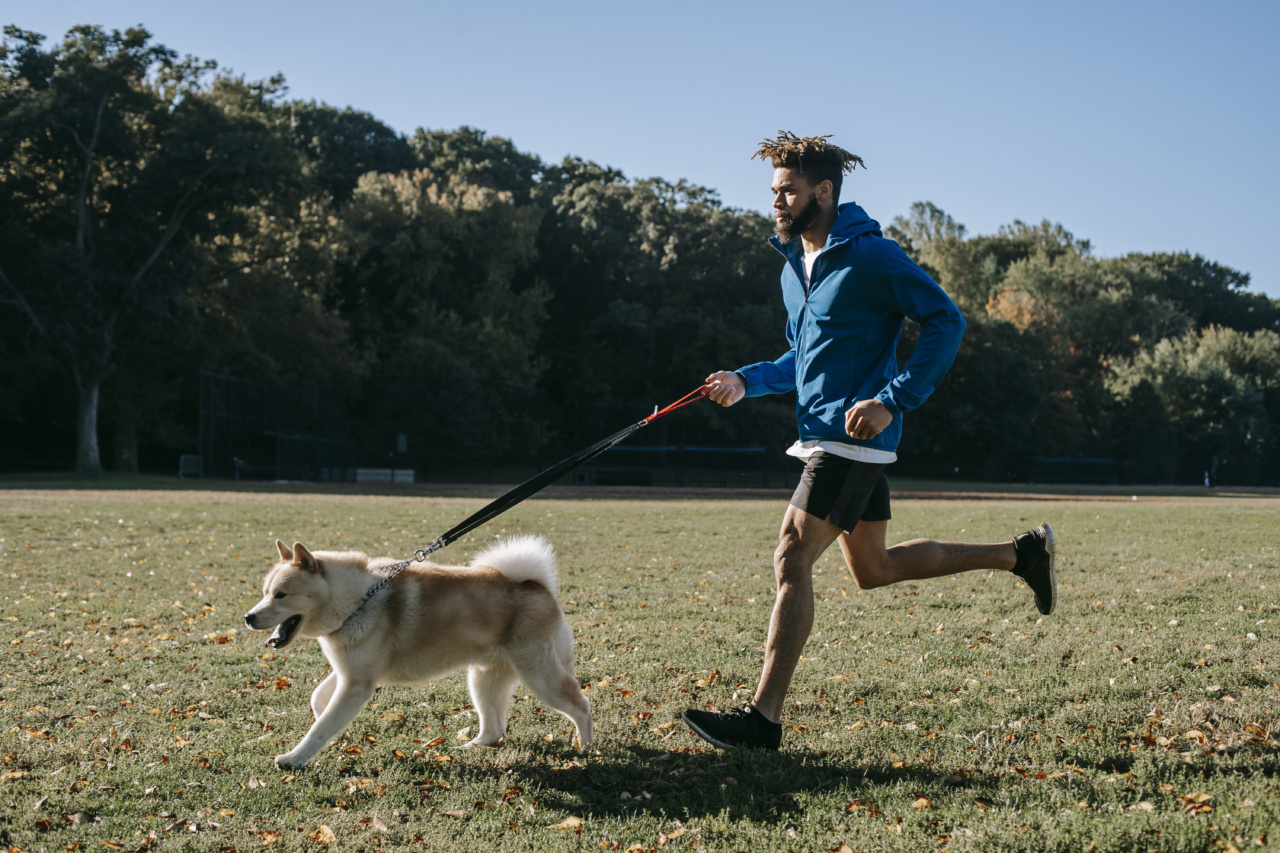As pet owners, it is our responsibility to provide a safe and loving environment for our furry friends. Our actions and behaviors can have a profound impact on their well-being and happiness.
While we may have the best intentions, there are certain actions that can unknowingly cause harm to our loyal pets. In this article, we will explore some common ways in which your actions can hurt your loyal pet and provide insights on how to avoid them.
1. Neglecting Exercise and Mental Stimulation
Pets, especially dogs, require regular exercise to maintain their physical and mental health.
If you neglect to provide them with enough physical activity, they may develop obesity, which can lead to various health issues such as heart disease and joint problems.
Similarly, pets also need mental stimulation to prevent boredom and anxiety. Lack of mental stimulation can result in destructive behavior, excessive barking, and even aggression.
It is important to provide them with interactive toys, puzzles, and regular playtime to keep their minds sharp and engaged.
2. Feeding an Unhealthy Diet
The food you provide for your pet plays a crucial role in their overall health. Feeding them a poor-quality diet or giving them an excessive amount of treats can lead to obesity, malnutrition, and other digestive issues.
It is essential to consult with a veterinarian to determine the appropriate diet for your pet’s specific needs and monitor their weight regularly.
In addition, certain human foods such as chocolate, grapes, onions, and caffeine can be toxic to pets. Avoid feeding them these foods, as they can cause severe health complications or even be fatal.
3. Ignoring Regular Vet Check-ups
Regular vet check-ups are vital for your pet’s well-being. They allow the veterinarian to identify any underlying health issues early on and provide appropriate treatment.
Neglecting these check-ups can result in undiagnosed illnesses and potentially lead to more severe conditions and higher treatment costs.
Even if your pet appears healthy, it is crucial to adhere to the recommended vaccination and preventive care schedule. This helps protect them from common diseases and ensures their overall health and longevity.
4. Using Physical Punishment
Training your pet requires patience, consistency, and positive reinforcement. Using physical punishment as a means of discipline can cause fear, anxiety, and even aggression in your pet.
It erodes the trust between you and your furry friend, making training more challenging and stressful for both of you.
Instead, focus on positive reinforcement techniques such as rewards, treats, and praise when your pet exhibits desirable behavior. This creates a loving and trusting bond with your pet, making training more effective and enjoyable.
5. Leaving Them Alone for Extended Periods
Pets are social animals that thrive on companionship and interaction. Leaving them alone for extended periods, especially on a regular basis, can lead to loneliness, anxiety, and even depression.
They may develop destructive behaviors as a result of separation anxiety.
If your schedule requires you to be away from home for long hours, consider hiring a pet sitter or using daycare services. Another option is adopting a second pet to provide companionship for your existing pet.
Ensuring their social needs are met is crucial for their overall well-being.
6. Not Providing a Safe Environment
Creating a safe environment for your pet is essential to prevent accidents and injuries. Ensure that your living space is free of hazardous substances, toxic plants, and small objects that can be swallowed.
Keep electrical cords out of reach and secure cabinets that contain cleaning agents or medications.
Backyards should be securely fenced to prevent your pets from wandering off or being exposed to potential dangers. Balconies and windows should have appropriate safeguards to prevent falls.
By taking these precautions, you can significantly reduce the risk of harm to your loyal pet.
7. Allowing Overexposure to Extreme Temperatures
Pets are sensitive to extreme temperatures, whether it’s excessively hot or cold. Leaving them outside for extended periods without access to shade or shelter can lead to heatstroke, sunburn, or hypothermia.
These conditions can be life-threatening.
Ensure that your pet has a comfortable and safe environment indoors, especially during extreme weather conditions. If they need to be outside, provide them with adequate shade, fresh water, and suitable shelter to protect them from the elements.
8. Neglecting Dental Care
Dental care is often overlooked in pet ownership. However, neglecting your pet’s oral hygiene can lead to various dental diseases, including gum inflammation, tooth decay, and infections.
These conditions can cause pain, discomfort, and even affect their overall health.
Include regular teeth brushing in your pet’s grooming routine and consult with a veterinarian about professional dental cleanings. Additionally, provide them with appropriate dental treats and chew toys to help maintain their dental health.
9. Allowing Access to Harmful Substances
Pets are curious creatures and may consume substances that are harmful to their health. Chemicals such as cleaning agents, pesticides, medications, and certain houseplants can be toxic to them.
Ensure that these substances are stored securely and out of their reach.
When walking your pet, be vigilant about what they pick up from the ground, as they may ingest potentially toxic substances or objects. If you suspect your pet has ingested something harmful, contact your veterinarian immediately.
10. Not Providing Sufficient Grooming
Grooming is not just about aesthetics; it also plays a vital role in your pet’s overall health. Neglecting grooming can lead to issues such as matted fur, skin infections, and painful ingrown nails.
Regular brushing, bathing, and nail trimming are essential to maintain their coat and skin health.
In addition, certain breeds require specific grooming techniques and may need professional grooming services. Consult with a groomer or veterinarian to ensure you are providing the appropriate grooming care for your pet.





























